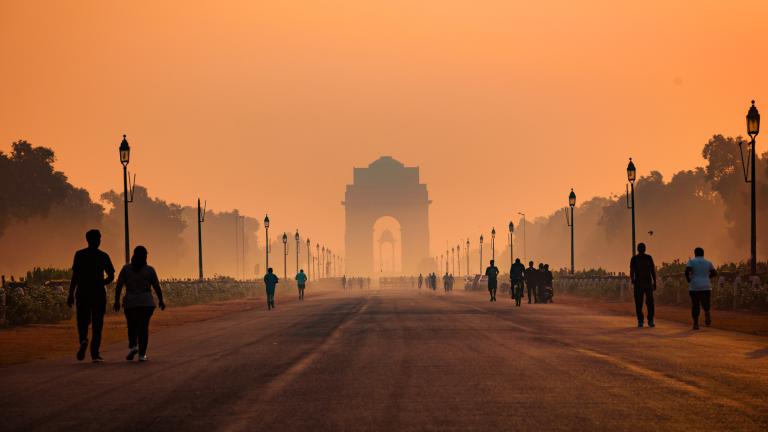
As an undergrad at the University of Delhi in India, Poushali Maji remembers that for a few weeks at the beginning of every winter, a thick blanket of smog would descend upon the city. “You could maybe see a few feet ahead of you,” she recalls. Much of that seasonal air pollution comes from the burning of crop stubble left behind after harvest in more rural areas to the north. It gets trapped and concentrated in a thin layer of air near the ground, blows southward, and chokes the communities in its wake.
However, Maji says the impacts of agricultural practices extend far beyond waste burning and air pollution; many practices are inherently water- and energy-intensive, too. So, through her work today as a postdoctoral researcher with MIT’s Institute for Data, Systems, and Society (IDSS) and as the coordinator of the Research to Policy Engagement Initiative in MIT’s Technology and Policy Program (TPP), Maji takes a wider view. She’s examining how policies that incentivize a shift toward different types of farming might benefit air and water quality, energy consumption, resource scarcity, and the climate. Continue reading.





